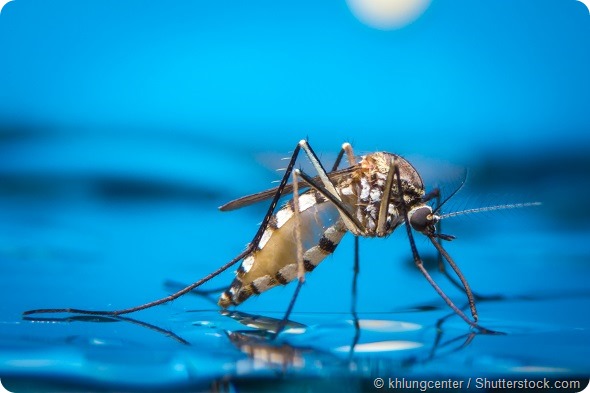Analysis of climatic conditions and the propensity for travel has identified many countries across Africa and Asia-Pacific that are at high risk of Zika virus transmission.

Since the 2015 Zika outbreak in Brazil, 50 countries have reported their first-ever cases of Zika infection. Modeling techniques have now been used to predict the potential spread of Zika virus from the Americas into Africa and the Asia-Pacific region.
Researchers identified countries with climatic conditions conducive to Zika survival and determined the level of travel to these areas from countries in Central and South America and the Caribbean known to have local transmission of the Zika virus. Based on these data, researchers calculated the month-by-month risk of Zika transmission.
India, China, the Philippines, Indonesia, Nigeria, Vietnam, Pakistan, and Bangladesh were identified as being most at risk of Zika virus transmission. These countries had high volumes of travel from areas affected by Zika, the presence of local mosquitoes capable of transmitting Zika virus, suitable climatic conditions and large populations or limited health resources.
The potential for epidemics to occur in parts of Africa and the Asia-Pacific region is particularly concerning given that the vast numbers of people who could be exposed to Zika virus are living in environments where health and human resources to prevent, detect, and respond to epidemics are limited. Our findings could offer valuable information to support time-sensitive public health decision-making at local, national, and international levels.”
Dr Kamran Khan, St Michael’s Hospital, Toronto, Canada.
These predictions assume low levels of immunity to the Zika virus. Seroprevalence studies are needed to determine whether any pre-existing immunity is present in the high risk areas to accurately assess the risk of a Zika epidemic developing.
This analysis, although based on a number of assumptions, provides an indication of which populations are most susceptible to local transmission of Zika virus, whereby helping health decision makers make best use of their finite resources.
Furthermore, the risk could be reduced by preventing sexual transmission of Zika virus infection through increased health education in high risk areas.